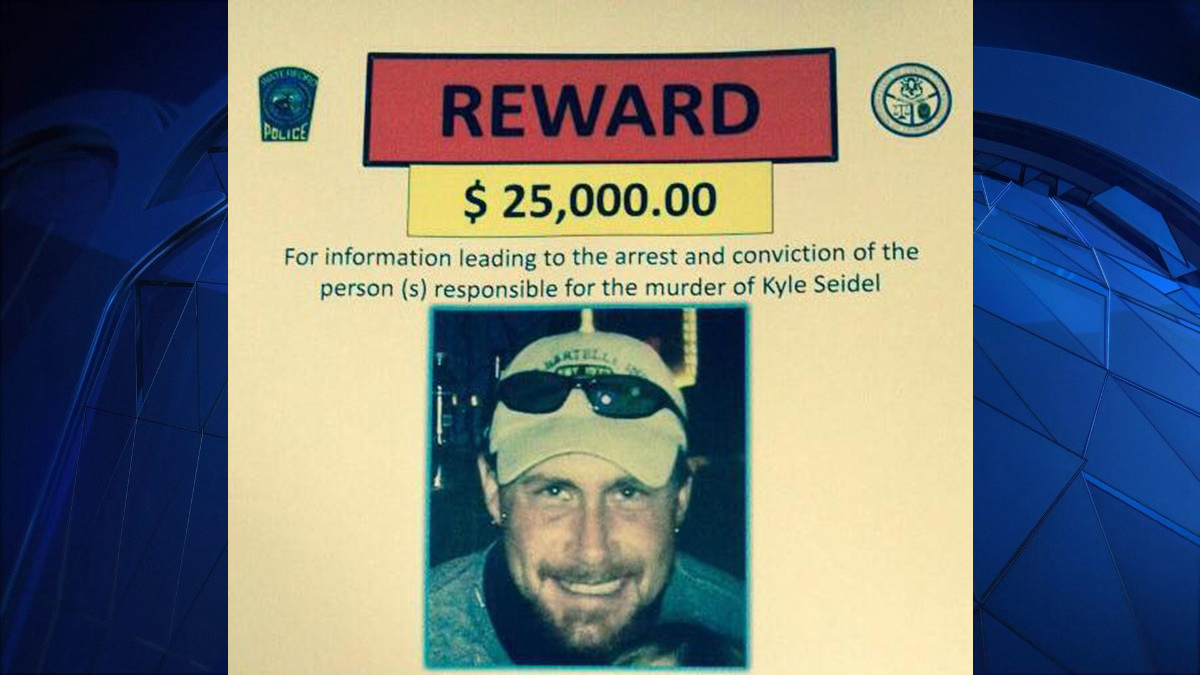A federal judge has ruled that Connecticut officials cannot keep court proceedings and documents secret for teenagers charged with the most serious crimes — a decision that will reopen Kennedy cousin Michael Skakel’s murder case to the public.
U.S. District Judge Michael Shea in Hartford ruled Friday that a state law approved last year — with the intent of protecting juveniles’ identities when their cases are transferred to adult court and only unsealing documents if they are convicted — violates the First Amendment right of access to the courts, The Hartford Courant reported.
The decision came in a lawsuit challenging the law filed by the newspaper and the Reporters Committee for Freedom of the Press.
The judge ordered the state Judicial Branch to open courtrooms and unseal the records in the cases of juveniles ages 15, 16 and 17 whose cases were transferred to adult court but kept secret under the new law, which took effect Oct. 1. Parts of the order were postponed for a month to allow advocates for teenagers an opportunity to argue against unsealing the proceedings.
“This ruling marks a critical victory for transparency in our criminal justice system,” said Andrew Julien, publisher and editor-in-chief of the Courant. “The state will no longer be able to automatically shield from public scrutiny proceedings in crimes considered serious enough to be handled in the adult criminal system.”
Under the previous law, serious juvenile cases including murders and rapes were unsealed when they were transferred to adult court, as Skakel’s was, allowing public access to court proceedings. The new law resulted in the sealing of Skakel’s case, because he was a teenager when Martha Moxley was killed in their wealthy Greenwich neighborhood in 1975.
Skakel, a nephew of Robert F. Kennedy’s widow, Ethel Kennedy, was convicted in 2002 in the bludgeoning death of Moxley when they were both 15 years old. He served more than 11 years in prison before a judge overturned his conviction in 2013, citing mistakes by his trial lawyer. He was freed on $1.2 million bail.
Local
The state Supreme Court reinstated the murder conviction in 2016, but later reversed itself and overturned the conviction. The U.S. Supreme Court last year declined to hear an appeal by state prosecutors, who have not disclosed whether they plan to retry Skakel.
A message seeking comment about Shea’s ruling was left for Chief State’s Attorney Richard Colangelo Jr. on Saturday. It’s unclear whether officials plan to appeal the ruling.



